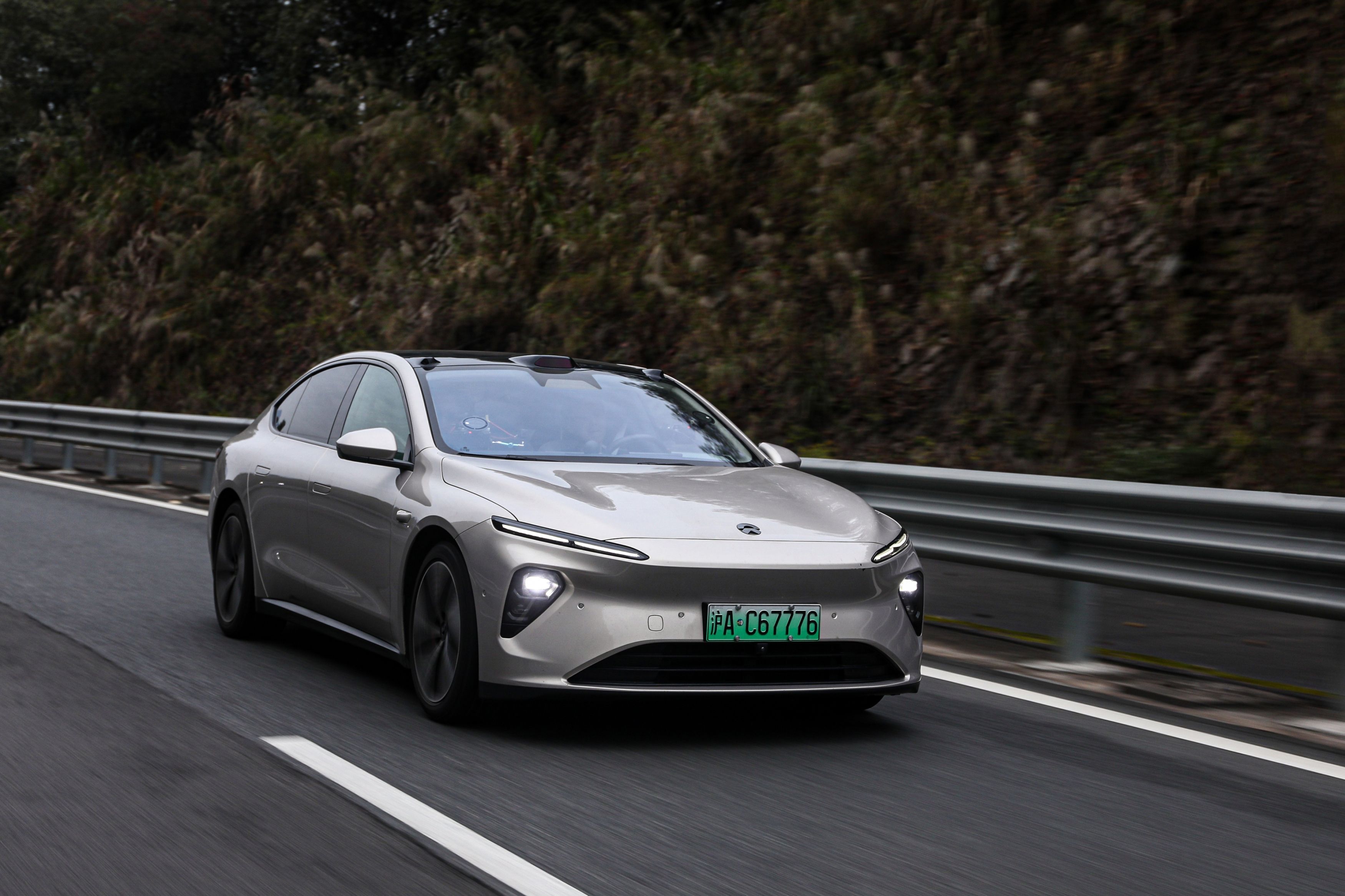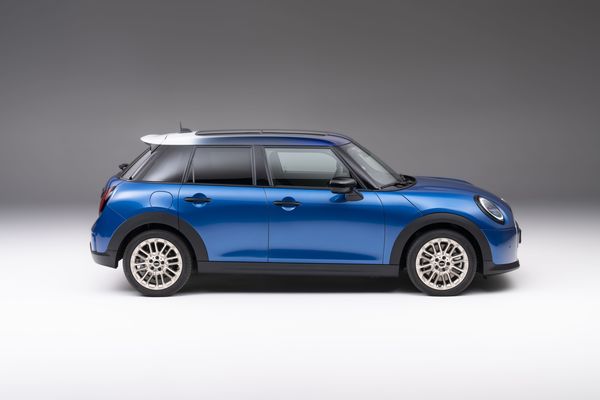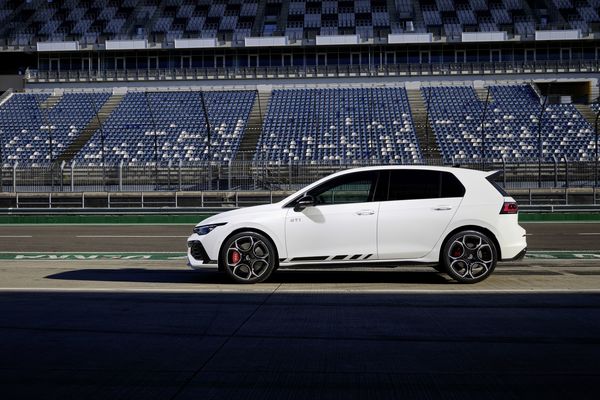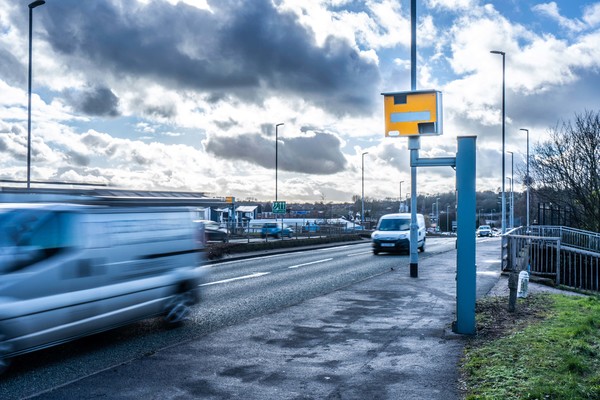SOME of the genuine criticisms aimed at Electric Vehicles (EV) in the past have included batteries quickly deteriorating and requiring expensive replacement, perhaps after only four or five years; losing their ability to hold a charge; taking longer to charge; and perhaps the commonly touted criticism, the environmental damage caused by the mining of lithium required to make current EV batteries.
Now Volkswagen-backed battery producer PowerCo has tested a new solid-state battery that practically never ages, can continually be charged super-quickly, has a range of around 600 miles on a single charge, a working life of over 300,000 miles, is cheaper than the current batteries and is more environmentally friendly because it does not use lithium.
Not to be outdone by VW, Chinese car manufacturer Nio marked a huge milestone in battery development by driving its ET7 (a four-door family saloon) over 650 miles on a single battery charge, endorsing the immense capabilities of their ultra long-range battery pack. The car completed a 14-hour journey from Shanghai to Xiamen, driven by company directors and accompanied the General Manager of Tencent News in China.
After a short stopover and driver swap, the car reached Xiamen, having used 97 per cent of its battery life during the 650-mile trip, despite the particularly cold temperatures, a factor usually associated with reduced electric vehicle battery performance.
William Li, Founder, Chairman and CEO of Nio, said: “The completion of this test marks the range of smart EVs going beyond 1,000 kilometres, which will further promote the transformation of the automotive industry from the consumption of petrol and diesel to electricity.”
But then to top them all, Toyota have just released news that they have developed a solid-state battery that has a range of 745 miles on a single charge, which is further than most frugal diesel- or petrol-powered cars can do on a fill. But then again, this is the company who introduced the motoring world to EV technology – they didn’t invent it, but they were the first to bring them to the market. So, have EVs turned the corner?
When petrol cars were first introduced to an unsuspecting world, critics said that they would never catch on because their range was too short, there were too few refuelling stations, fuel was in short supply and expensive, the cars could easily catch fire and they cost too much. History showed that these concerns, whilst genuine at the outset, were one by one overcome by the commitment of manufacturers, suppliers and eventually end users. Is history repeating itself as those very similar concerns are one by one eliminated in EVs as range improves, battery life improves, car prices reduce, running costs reduce and recharging points become more available with the announcement that BT intends to convert its green telephone and internet boxes on our streets to EV charging points?
On the sales front, the latest sales figures from the Society of Motor Manufacturers and Traders show that more and more new vehicle buyers have decided to go electric. Electric car sales are up again, breaking more records and businesses too are going electric in record numbers, with electric van sales up 21 per cent. It has also been confirmed that major heavy duty truck fleet owners have a commitment to transition 30 per cent of their new purchases this year to zero emission vehicles including electric models. So, is the world really ready for electrification now?
I know that not everyone is convinced of the merits of EVs and some still have reservations whilst there are others who will never change their stance no matter what. A famous songwriter once wrote: “One man may not be right, but can all of these be wrong?”
Wise words indeed, Mr Kelly.







